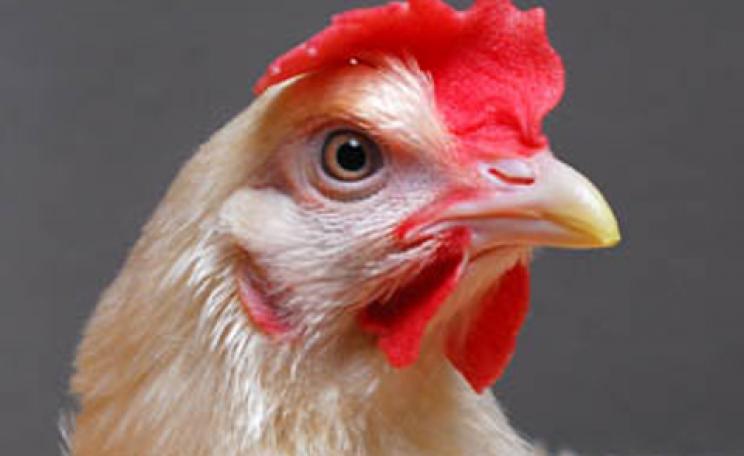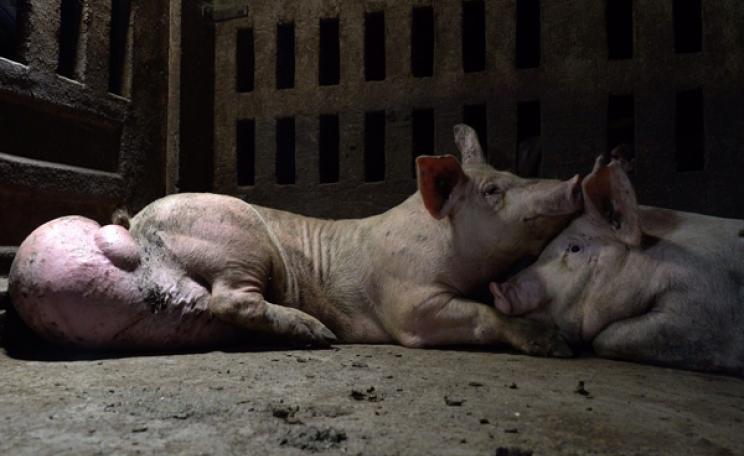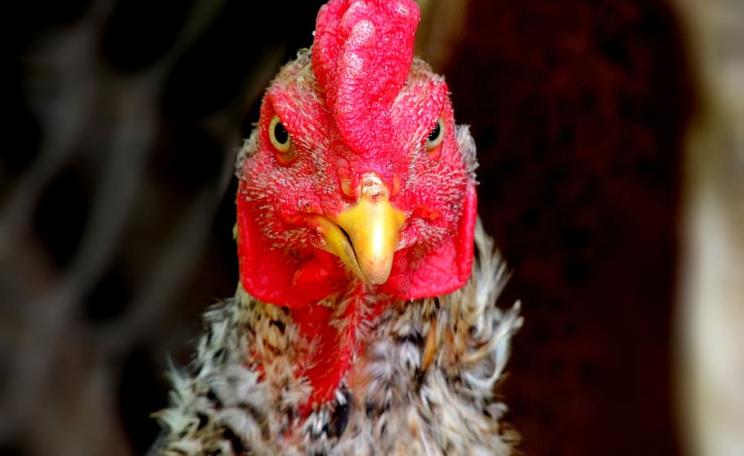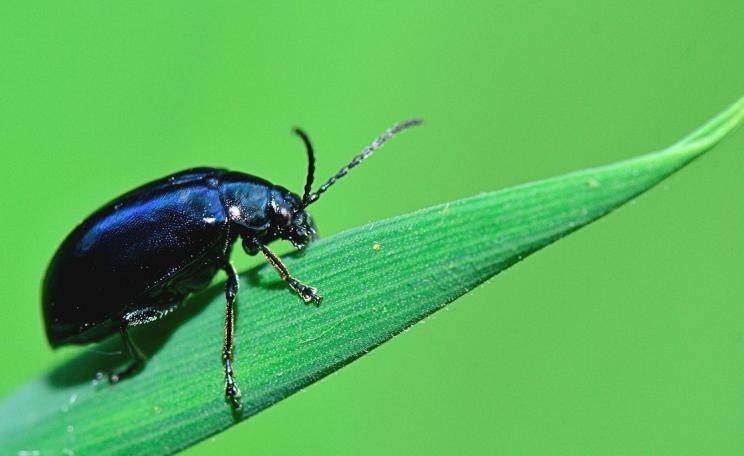There is hope in our inconsistent and arbitrary treatment of animals
Just as we are trying to leave the pandemic behind, we are reminded of how easy it is for another to begin. An unprecedented outbreak of bird flu has forced the government to lock every single chicken inside.
With no chickens free to roam, Britain’s moral preference for free-range eggs is undermined.
But this story reveals the inconsistencies which riddle our relationship with the other animals – and how these inconsistencies are fuelling a threat to human health.
Welfare
"People can no longer buy free-range eggs in the UK due to the length of time hens have been kept indoors following outbreaks of bird flu," according to the BBC. "The country is experiencing its largest ever outbreak of avian influenza and measures are in place to prevent the virus from spreading."
Most consumers in Britain now buy free-range eggs. Indeed, we reject those bottom shelf packs that bear the fatal admission “from caged hens” 70 percent of the time.
This is marvellous. But when it comes to cakes, desserts and mayonnaise, our preference for free-range gets lost in the mix. Companies slip the worst welfare eggs into pre-made foods and we don’t respond.
Our free-range principle really falls off a cliff when it comes to chickens themselves. Just 3.5 percent of chicken bought in the UK is free range - making chicken one of the very worst products for animal welfare.
We are 15 times less likely to buy free range chicken meat than free range chicken eggs. We care about chickens’ welfare in one case, and we forget about it in another. Why?
Empathy
We humans can be very selective in our empathy. We seem to discriminate between animals all the time. We treat dogs well, but pigs poorly.
We empathise with cats in ways we rarely do with cows. We care about of the welfare of laying hens but not of other hens. These differences in treatment are at root morally arbitrary.
It isn’t just us consumers who are inconsistent. Strange policymaking might also explain why some chickens get a particularly raw deal. Policymakers have decreed that eggs must be labelled clearly.
How has the chicken been housed, and treated? The consumer should know before buying. Apparently, there is no need to tell us when it comes to chicken.
Companies are allowed to tell us only about the flavour of the chicken, the sauce, the texture, leaving mention of cages firmly out of the picture.
Cowering
The failure of policy goes even deeper. The UK Government has now deployed the law decisively to lock down every chicken in the land.
But at the very same time it is approving new mega farms in the UK. Rather than shutting down these mega farms which are at the root of the threat to our health, it is nurturing the underlying problem, and then treating the symptoms.
Pandemics normally begin when a human comes into contact with a diseased animal. Factory farming supplies all the ingredients of this recipe.
There is hope in our inconsistent and arbitrary treatment of animals
British factory farmers breed millions of animals, and cram them into small spaces. Once one animal is infected, there are thousands of animals in close proximity. Often their immune systems are weakened by poor conditions.
A disease can then mutate as it glides through the population of the farm. Humans oversee the process, ensuring ample opportunity for spill-over.
Almost no one agrees with factory farming. That’s one reason why it’s so tragic. It is the invisible forces of the market that sweep these circuses of suffering into our countryside.
If we applied our rejection of factory farming consistently, and refused to buy their products, we would be insulating ourselves from another pandemic.
Hope
You might think it’s all a lost cause, because we can’t change things. But we made changes to protect each other from Covid. Masks, tests, open windows: we tweaked our habits to fight disease. Can’t we also make changes to stop ourselves facing another pandemic in the first place?
Some of these changes are simply a matter of dialogue. It is astonishing there hasn’t been more talk of the origins of the pandemic that has blighted our lives for the last 24 months. Why did Covid start? Whence this misery? Scientists are working on it, but the leading answer is: meat production, among related factors.
The origin animal was likely sold as food at a meat market. This cannot be overlooked. We want to move on from Covid, but part of moving on successfully is ensuring it does not happen again.
There is hope in our inconsistent and arbitrary treatment of animals. Society is not consistently cruel. Free-range eggs were a minority purchase in the 2000s. Now most people buy them. Times change. Humans are flexible. We’ve learned that much during Covid.
We can go further. We can treat animals fairly across the board, and in so doing, shut the door on the next pandemic.
This Author
William Gildea is an AHRC doctoral researcher and senior graduate teaching assistant in the Department of Philosophy at the University of Warwick. He tweets at @will_gildea.






